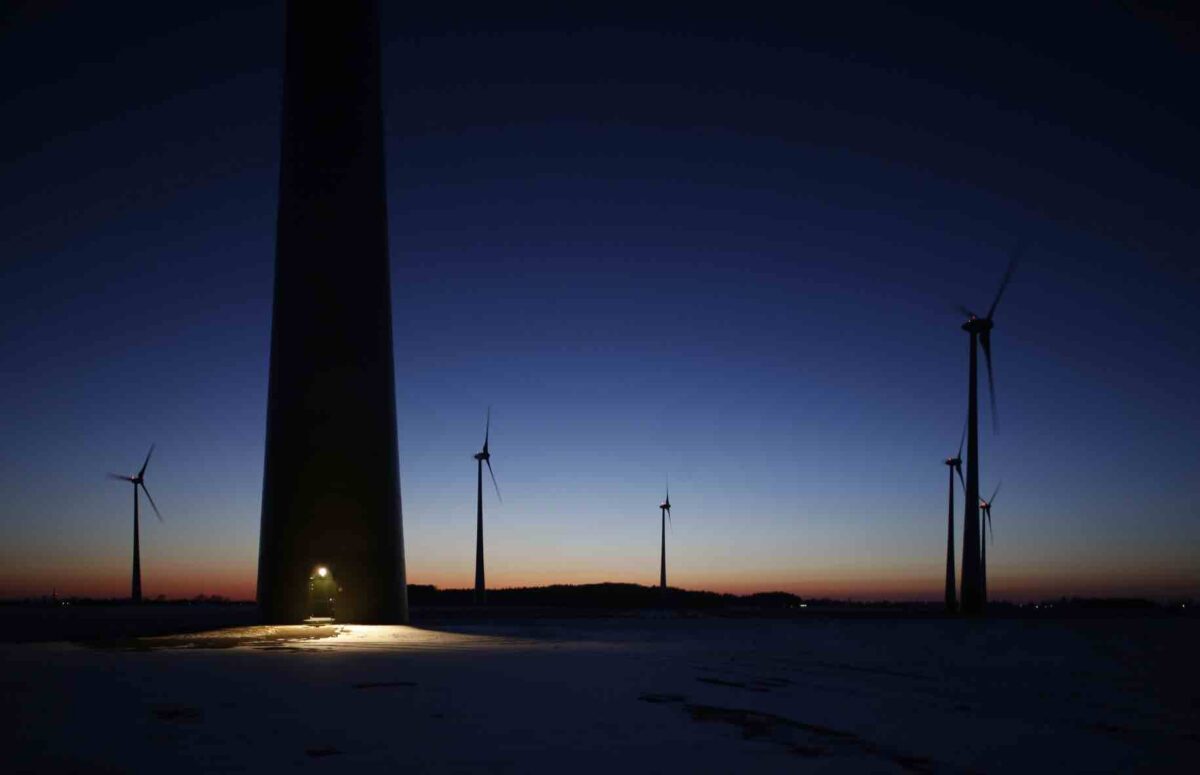The share of renewable energy sources in Germany’s total energy consumption grew to 22 percent in 2023 thanks to the steady expansion of solar and wind power installations in electricity production and an increase in the uptake of renewable heating systems, the Federal Environment Agency (UBA) has said.
The increase from a share of 20.8 percent in the previous year had also been made possible by falling energy demand across all sectors, the agency added.
Total renewable electricity production in the country increased 7 percent to more than 272 terawatt hours (TWh), the highest level ever (Ed: and more than Australia’s entire electricity consumption), while electricity demand fell 5 percent during the same period.
This resulted in a record 51.8 percent share of renewables in electricity consumption, UBA said.
Wind turbines and solar PV arrays contributed three quarters of all renewable electricity production. With an output of 142.1 TWh, wind power alone produced more than all lignite and hard coal plants combined for the first time.
Thanks to unusually high precipitation in 2023, the share of hydroelectric power production increased 11 percent to 19.6 TWh, whereas electricity production from biomass fell 5 percent to 49.3 TWh.
However, biomass remained the most important technology for renewable heating by far (170.6 TWh), contributing 83 percent to the sector.
Heat pumps and geothermal energy reached a share of 12.5 percent in renewable heating, equalling an increase of more than 18 percentage points compared to 2022.
The total renewable power share in heating was 18.8 percent.
In the transport sector, biofuels accounted for 82 percent of renewable energy, while the share of renewable power in electric vehicles was also pushed up by the increasing share of renewables in the electricity system. The total share of renewable power in the sector was 7.3 percent.
Investments in renewable energy jumped markedly, from 22.3 billion euros in 2022 to 36.6 billion euros in the following year.
This was pushed especially by higher investments in solar PV and heat pumps, UBA said. The agency calculated that the use of renewable energy saved about 250 million tonnes of greenhouse gas emissions.
It added that the rollout of renewables had to be accelerated further to reach national and European energy transition targets, especially in on and offshore wind power.
Source: Clean Energy Wire. Reproduced with permission.







